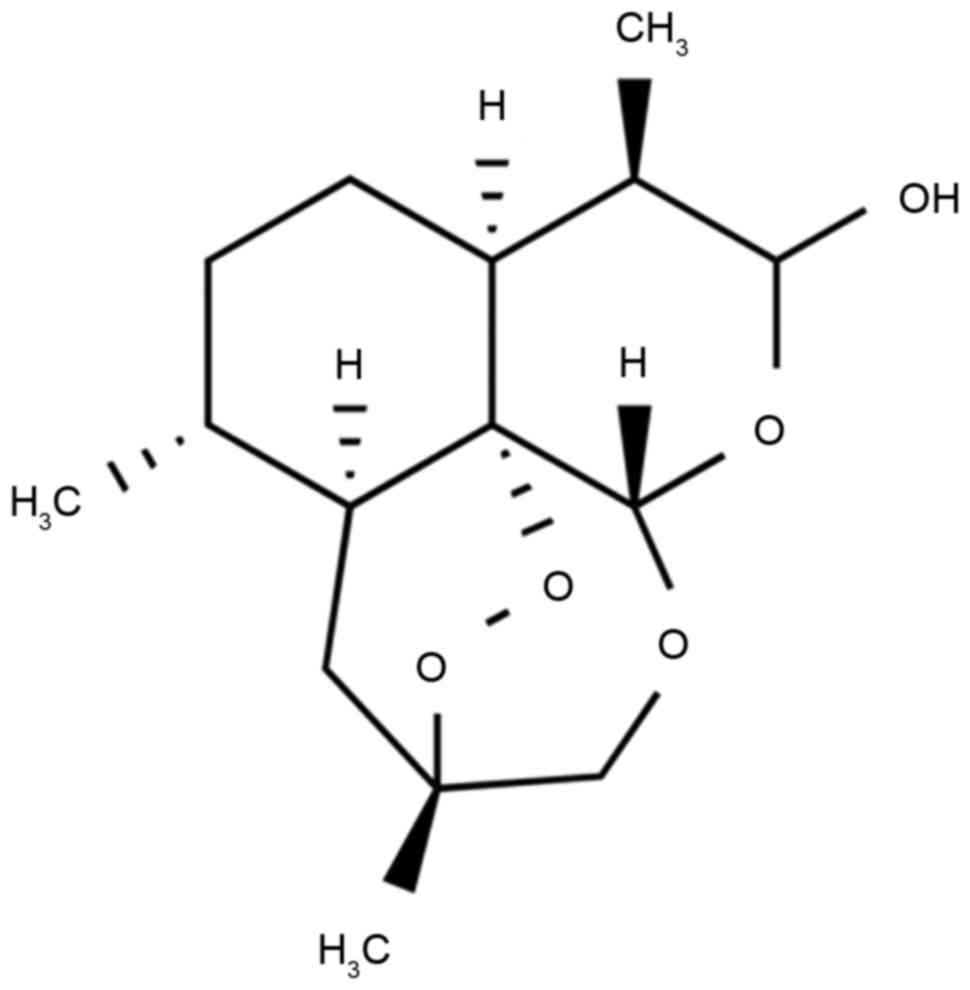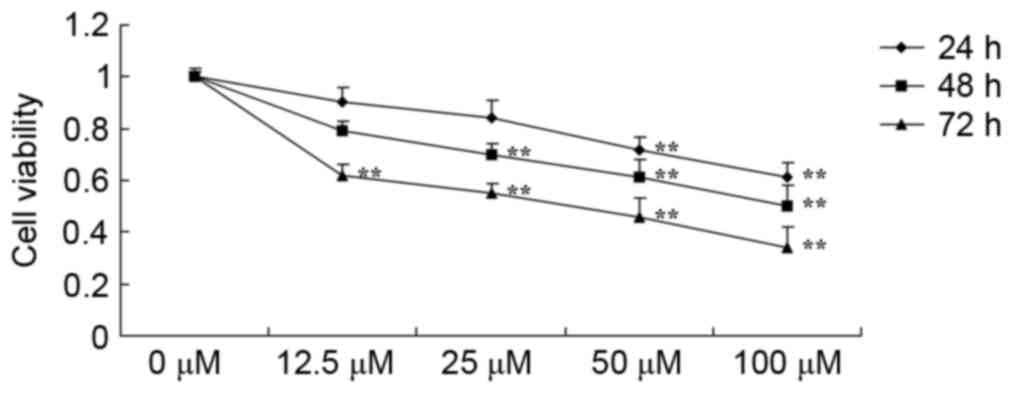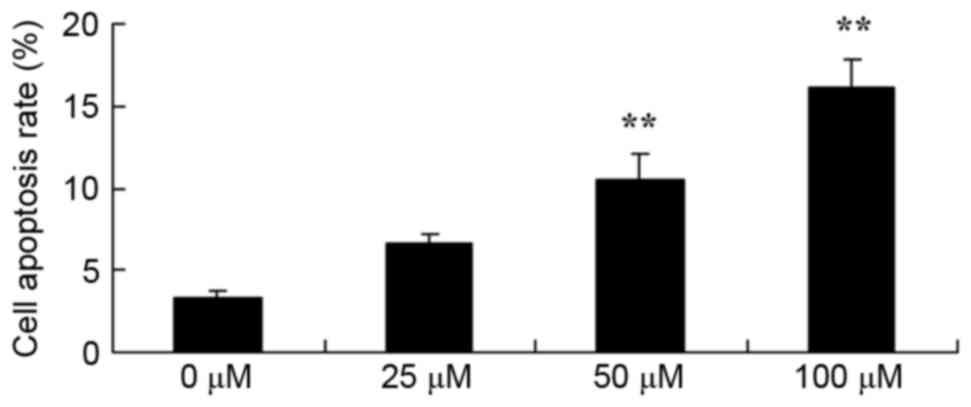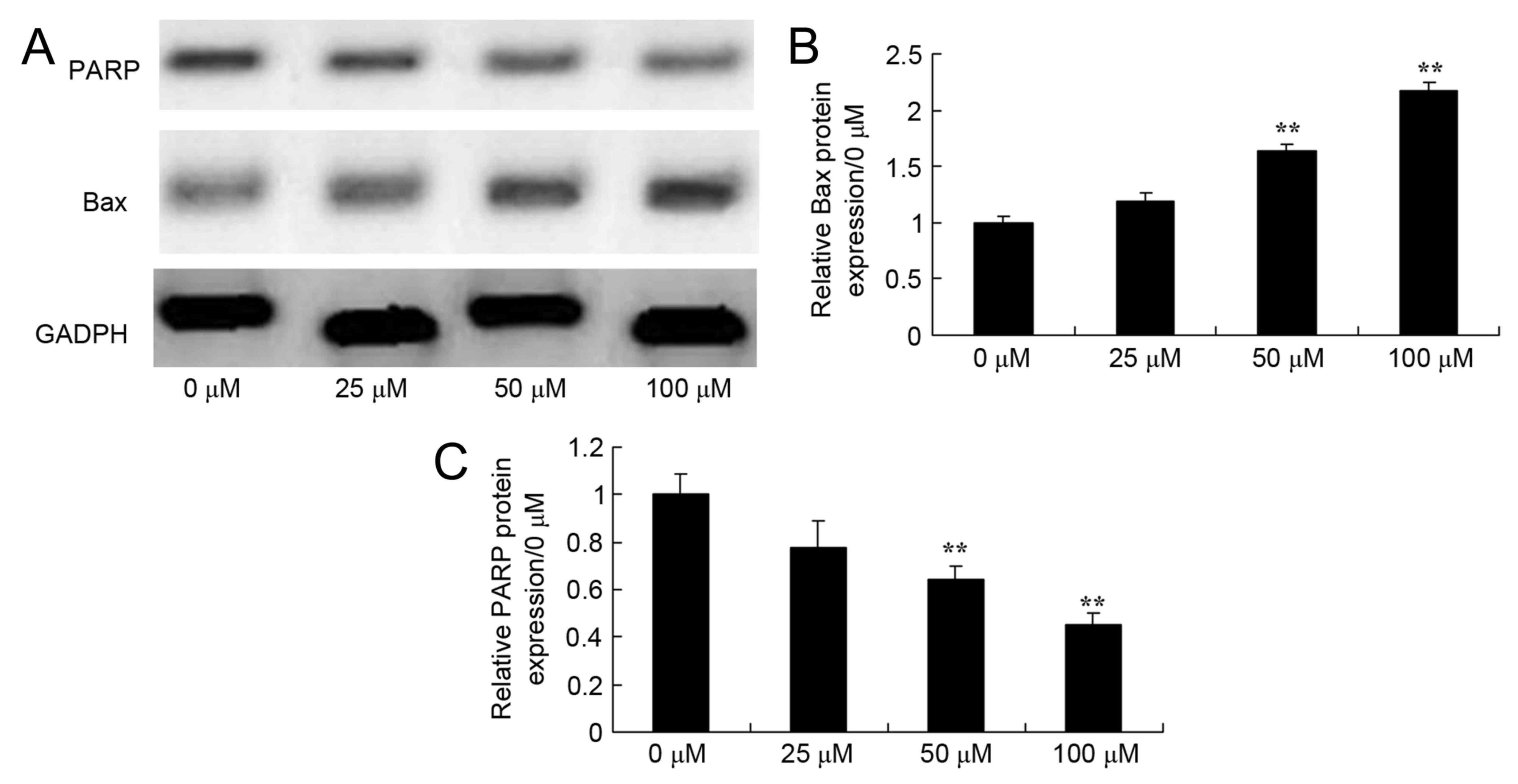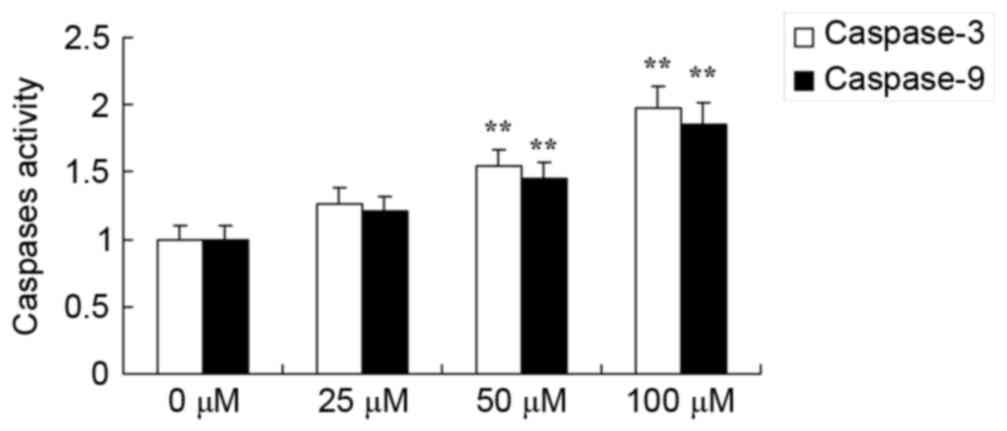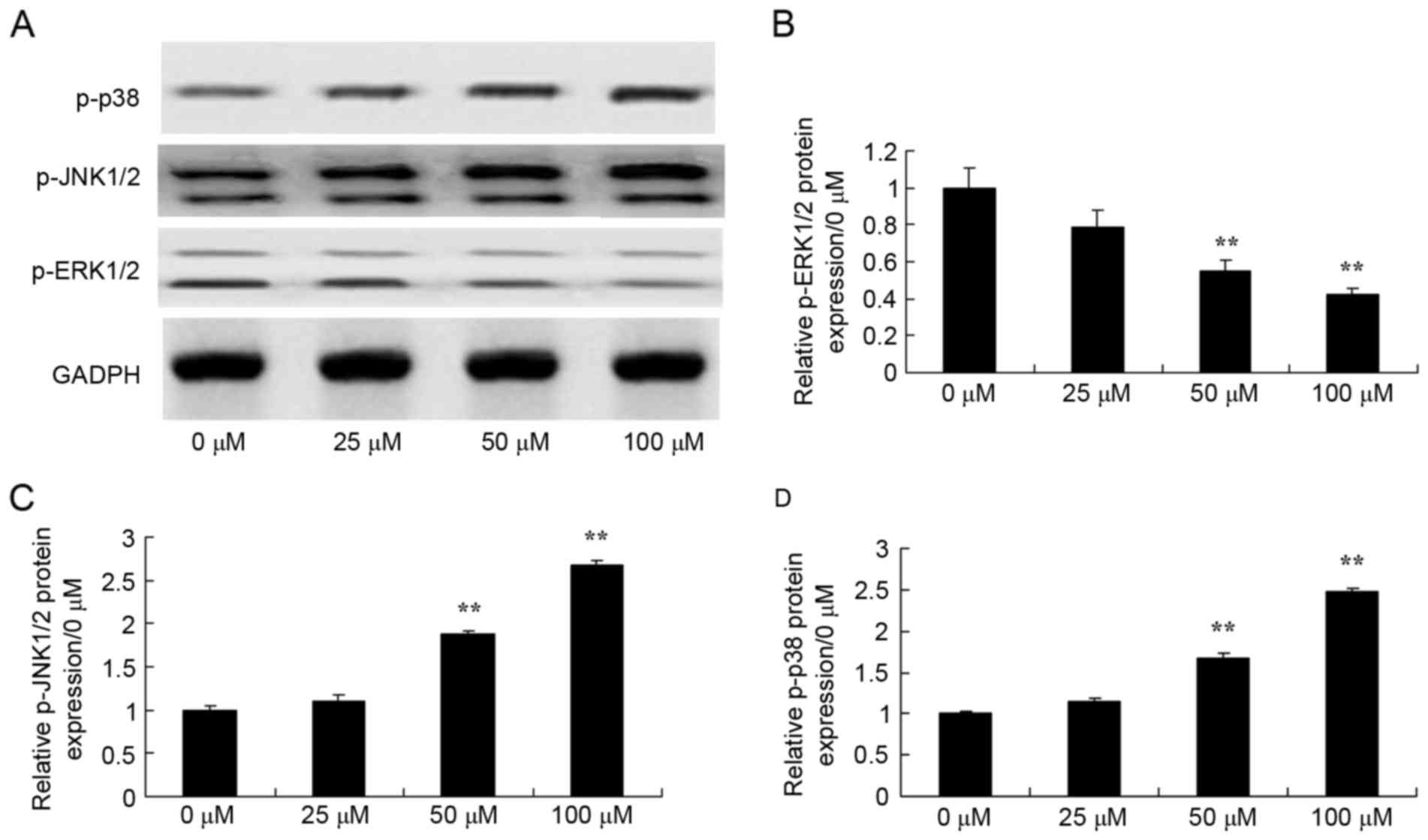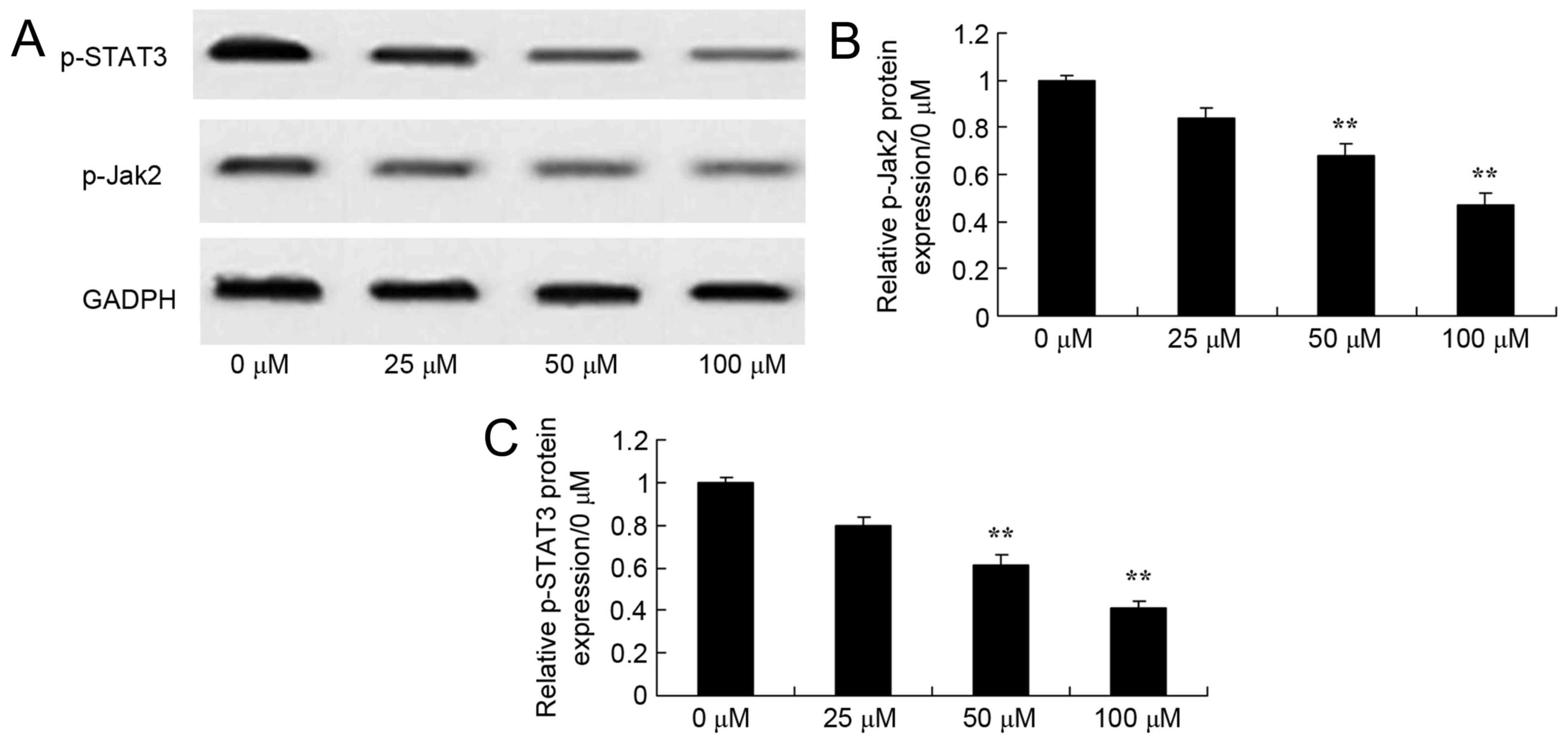|
1
|
Grenader T, Nash S, Adams R, Kaplan R,
Fisher D, Maughan T and Bridgewater J: Derived neutrophil
lymphocyte ratio is predictive of survival from intermittent
therapy in advanced colorectal cancer: A post hoc analysis of the
MRC COIN study. Br J Cancer. 114:612–615. 2016. View Article : Google Scholar : PubMed/NCBI
|
|
2
|
Neubauer K, Misa IB, Diakowska D,
Kapturkiewicz B, Gamian A and Krzystek-Korpacka M:
Nampt/PBEF/visfatin upregulation in colorectal tumors, mirrored in
normal tissue and whole blood of colorectal cancer patients, is
associated with metastasis, hypoxia, IL1β and anemia. Biomed Res
Int. 2015:5239302015. View Article : Google Scholar : PubMed/NCBI
|
|
3
|
Sadahiro S, Morita S, Sasaki K, Sakamoto
K, Ohge H, Takahashi T, Tsuchiya T, Sato T, Kondo K, Ogata Y, et
al: Treatment rationale and study design for clinical trial on the
efficacy of UFT/LV for stage II colorectal cancer with risk factors
for recurrence (JFMC46-1201). Clin Colorectal Cancer. 14:277–280.
2015. View Article : Google Scholar : PubMed/NCBI
|
|
4
|
Ulivi P, Scarpi E, Passardi A, Marisi G,
Calistri D, Zoli W, Del Re M, Frassineti GL, Tassinari D, Tamberi
S, et al: eNOS polymorphisms as predictors of efficacy of
bevacizumab-based chemotherapy in metastatic colorectal cancer:
Data from a randomized clinical trial. J Transl Med. 13:2582015.
View Article : Google Scholar : PubMed/NCBI
|
|
5
|
Iwasa S, Nagashima K, Yamaguchi T,
Matsumoto H, Ichikawa Y, Goto A, Yasui H, Kato K, Okita NT, Shimada
Y and Yamada Y: S-1 and irinotecan with or without bevacizumab
versus 5-fluorouracil and leucovorin plus oxaliplatin with or
without bevacizumab in metastatic colorectal cancer: A pooled
analysis of four phase II studies. Cancer Chemother Pharmacol.
76:605–614. 2015. View Article : Google Scholar : PubMed/NCBI
|
|
6
|
Monnien F, Zaki H, Borg C, Mougin C,
Bosset JF, Mercier M, Arbez-Gindre F and Kantelip B: Prognostic
value of phosphorylated STAT3 in advanced rectal cancer: A study
from 104 French patients included in the EORTC 22921 trial. J Clin
Pathol. 63:873–878. 2010. View Article : Google Scholar : PubMed/NCBI
|
|
7
|
Han S, Jeong AJ, Yang H, Bin Kang K, Lee
H, Yi EH, Kim BH, Cho CH, Chung JW, Sung SH and Ye SK: Ginsenoside
20(S)-Rh2 exerts anti-cancer activity through targeting
IL-6-induced JAK2/STAT3 pathway in human colorectal cancer cells. J
Ethnopharmacol. 194:83–90. 2016. View Article : Google Scholar : PubMed/NCBI
|
|
8
|
van't Sant HP, Kamman A, Hop WC, van der
Heijden M, Lange JF and Contant CM: The influence of mechanical
bowel preparation on long-term survival in patients surgically
treated for colorectal cancer. Am J Surg. 210:106–110. 2015.
View Article : Google Scholar : PubMed/NCBI
|
|
9
|
Ren W, Shen S, Sun Z, Shu P, Shen X, Bu C,
Ai F, Zhang X, Tang A, Tian L, et al: Jak-STAT3 pathway triggers
DICER1 for proteasomal degradation by ubiquitin ligase complex of
CUL4A(DCAF1) to promote colon cancer development. Cancer Lett.
375:209–220. 2016. View Article : Google Scholar : PubMed/NCBI
|
|
10
|
Lin R, Zhang Z, Chen L, Zhou Y, Zou P,
Feng C, Wang L and Liang G: Dihydroartemisinin (DHA) induces
ferroptosis and causes cell cycle arrest in head and neck carcinoma
cells. Cancer Lett. 381:165–175. 2016. View Article : Google Scholar : PubMed/NCBI
|
|
11
|
Li Y, Wang Y, Kong R, Xue D, Pan S, Chen H
and Sun B: Dihydroartemisinin suppresses pancreatic cancer cells
via a microRNA-mRNA regulatory network. Oncotarget. 7:62460–62473.
2016. View Article : Google Scholar : PubMed/NCBI
|
|
12
|
Jia L, Song Q, Zhou C, Li X, Pi L, Ma X,
Li H, Lu X and Shen Y: Dihydroartemisinin as a putative STAT3
Inhibitor, suppresses the growth of head and neck squamous cell
carcinoma by targeting Jak2/STAT3 signaling. PLoS One.
11:e01471572016. View Article : Google Scholar : PubMed/NCBI
|
|
13
|
Chen Q, Chen L, Kong D, Shao J, Wu L and
Zheng S: Dihydroartemisinin alleviates bile duct ligation-induced
liver fibrosis and hepatic stellate cell activation by interfering
with the PDGF-βR/ERK signaling pathway. Int Immunopharmacol.
34:250–258. 2016. View Article : Google Scholar : PubMed/NCBI
|
|
14
|
Fizazi K, Faivre L, Lesaunier F, Delva R,
Gravis G, Rolland F, Priou F, Ferrero JM, Houede N, Mourey L, et
al: Androgen deprivation therapy plus docetaxel and estramustine
versus androgen deprivation therapy alone for high-risk localised
prostate cancer (GETUG 12): A phase 3 randomised controlled trial.
Lancet Oncol. 16:787–794. 2015. View Article : Google Scholar : PubMed/NCBI
|
|
15
|
Williams GR, Nyrop KA, Deal AM, Muss HB
and Sanoff HK: Self-directed physical activity intervention in
older adults undergoing adjuvant chemotherapy for colorectal
cancer: Design of a randomized controlled trial. Contemp Clin
Trials. 42:90–97. 2015. View Article : Google Scholar : PubMed/NCBI
|
|
16
|
Tentori L, Muzi A, Dorio AS, Dolci S,
Campolo F, Vernole P, Lacal PM, Praz F and Graziani G: MSH3
expression does not influence the sensitivity of colon cancer
HCT116 cell line to oxaliplatin and poly(ADP-ribose) polymerase
(PARP) inhibitor as monotherapy or in combination. Cancer Chemother
Pharmacol. 72:117–125. 2013. View Article : Google Scholar : PubMed/NCBI
|
|
17
|
Aredia F, Giansanti V, Mazzini G, Savio M,
Ortiz LM, Jaadane I, Zaffaroni N, Forlino A, Torriglia A and
Scovassi AI: Multiple effects of the Na(+)/H (+) antiporter
inhibitor HMA on cancer cells. Apoptosis. 18:1586–1598. 2013.
View Article : Google Scholar : PubMed/NCBI
|
|
18
|
Abu-Sanad A, Wang Y, Hasheminasab F,
Panasci J, Noë A, Rosca L, Davidson D, Amrein L, Sharif-Askari B,
Aloyz R and Panasci L: Simultaneous inhibition of ATR and PARP
sensitizes colon cancer cell lines to irinotecan. Front Pharmacol.
6:1472015. View Article : Google Scholar : PubMed/NCBI
|
|
19
|
Wang Z, Hu W, Zhang JL, Wu XH and Zhou HJ:
Dihydroartemisinin induces autophagy and inhibits the growth of
iron-loaded human myeloid leukemia K562 cells via ROS toxicity.
FEBS Open Bio. 2:103–112. 2012. View Article : Google Scholar : PubMed/NCBI
|
|
20
|
Lin J, Li Q, Chen H, Lin H, Lai Z and Peng
J: Hedyotis diffusa Willd. Extract suppresses proliferation and
induces apoptosis via IL-6-inducible STAT3 pathway inactivation in
human colorectal cancer cells. Oncol Lett. 9:1962–1970. 2015.
View Article : Google Scholar : PubMed/NCBI
|
|
21
|
Gupta J, Igea A, Papaioannou M,
Lopez-Casas PP, Llonch E, Hidalgo M, Gorgoulis VG and Nebreda AR:
Pharmacological inhibition of p38 MAPK reduces tumor growth in
patient-derived xenografts from colon tumors. Oncotarget.
6:8539–8551. 2015. View Article : Google Scholar : PubMed/NCBI
|
|
22
|
Zhuang Q, Hong F, Shen A, Zheng L, Zeng J,
Lin W, Chen Y, Sferra TJ, Hong Z and Peng J: Pien Tze Huang
inhibits tumor cell proliferation and promotes apoptosis via
suppressing the STAT3 pathway in a colorectal cancer mouse model.
Int J Oncol. 40:1569–1574. 2012.PubMed/NCBI
|
|
23
|
Zhang S, Shi L, Ma H, Li H, Li Y, Lu Y,
Wang Q and Li W: Dihydroartemisinin induces apoptosis in human
gastric cancer cell line BGC-823 through activation of JNK1/2 and
p38 MAPK signaling pathways. J Recept Signal Transduct Res.
17:174–180. 2017. View Article : Google Scholar
|
|
24
|
Sanchez-Lopez E, Flashner-Abramson E,
Shalapour S, Zhong Z, Taniguchi K, Levitzki A and Karin M:
Targeting colorectal cancer via its microenvironment by inhibiting
IGF-1 receptor-insulin receptor substrate and STAT3 signaling.
Oncogene. 35:2634–2644. 2016. View Article : Google Scholar : PubMed/NCBI
|
|
25
|
You L, Wang Z, Li H, Shou J, Jing Z, Xie
J, Sui X, Pan H and Han W: The role of STAT3 in autophagy.
Autophagy. 11:729–739. 2015. View Article : Google Scholar : PubMed/NCBI
|
|
26
|
Yang H, Yamazaki T, Pietrocola F, Zhou H,
Zitvogel L, Ma Y and Kroemer G: STAT3 inhibition enhances the
therapeutic efficacy of immunogenic chemotherapy by stimulating
type 1 interferon production by cancer cells. Cancer Res.
75:3812–3822. 2015. View Article : Google Scholar : PubMed/NCBI
|
|
27
|
Yu H, Yue X, Zhao Y, Li X, Wu L, Zhang C,
Liu Z, Lin K, Xu-Monette ZY, Young KH, et al: LIF negatively
regulates tumour-suppressor p53 through Stat3/ID1/MDM2 in
colorectal cancers. Nat Commun. 5:52182014. View Article : Google Scholar : PubMed/NCBI
|
|
28
|
Xiong H, Du W, Zhang YJ, Hong J, Su WY,
Tang JT, Wang YC, Lu R and Fang JY: Trichostatin A, a histone
deacetylase inhibitor, suppresses JAK2/STAT3 signaling via inducing
the promoter-associated histone acetylation of SOCS1 and SOCS3 in
human colorectal cancer cells. Mol Carcinog. 51:174–184. 2012.
View Article : Google Scholar : PubMed/NCBI
|















